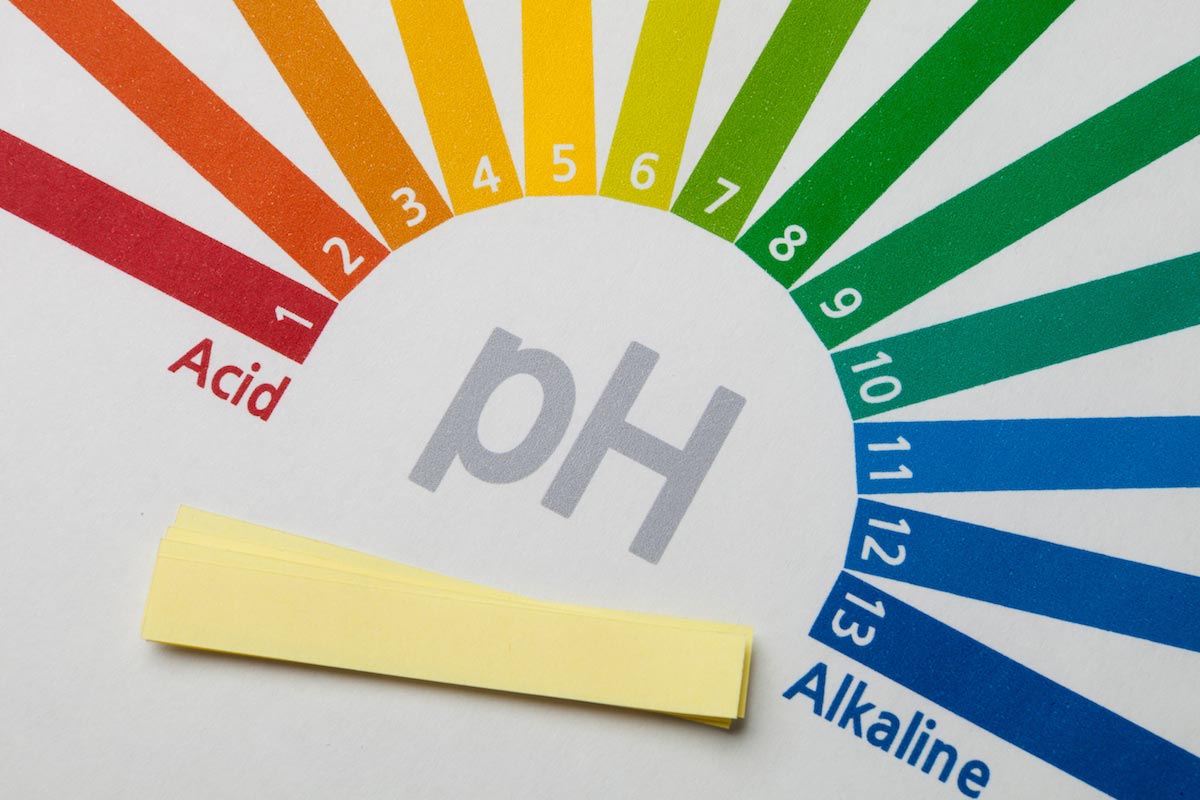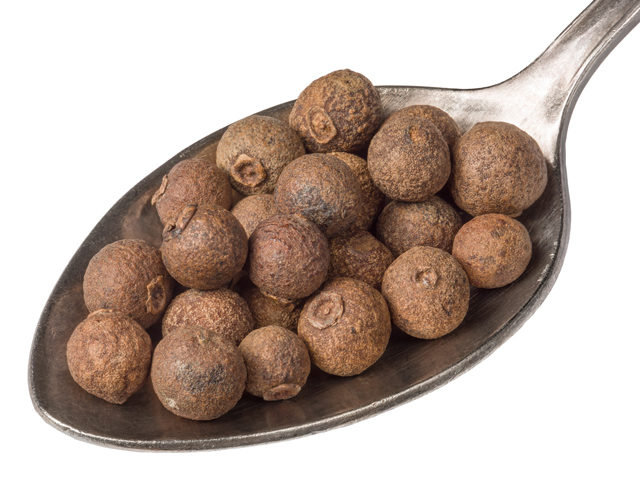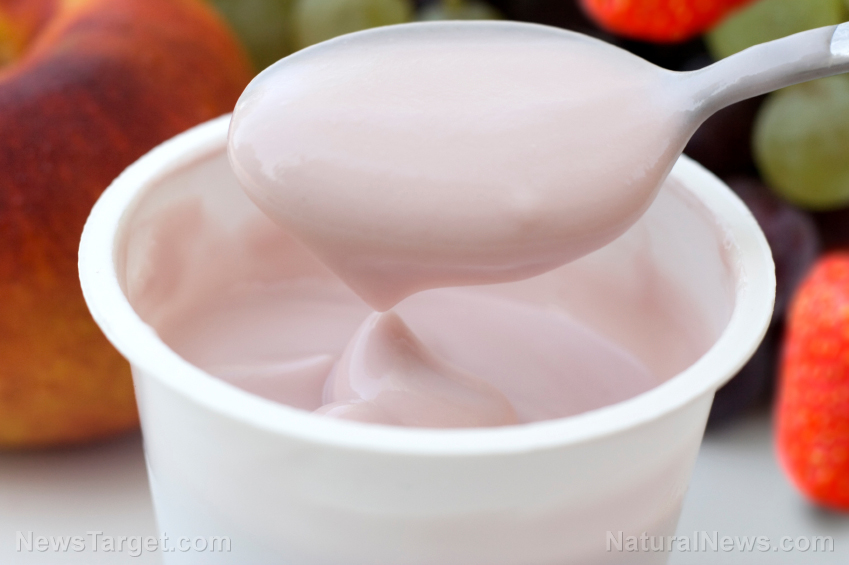Better, safer, less expensive than drugs: Scientists say vitamin D could replace your meds, prevent and even reverse disease
02/12/2018 / By Isabelle Z.

When it comes to heart health, there are a few factors that commonly spring to mind, like eating a healthy diet and getting plenty of exercise. However, it turns out that one of the less-obvious approaches to heart health could be the best one: getting more sunlight.
According to a study carried out by scientists from Ohio University, vitamin D3 can significantly restore cardiovascular system damage. Their findings were published in the International Journal of Nanomedicine.
Vitamin D3 has long been associated with bone health, but doctors and researchers have noticed that many heart attack patients have D3 deficiencies. While this is not necessarily causing the heart attack, it is raising people’s risks. Therefore, the researchers set out to use nanosensors to uncover the mechanism through which D3 could be beneficial to cardiovascular health.
The team’s nanosensors have a diameter that is 1,000 times smaller than a strand of human hair, and they’re capable of tracking the impact the vitamin has on single endothelial cells, which are vital regulators within in the cardiovascular system.
They found that vitamin D3 can stimulate nitric oxide, a key signaling molecule in regulating blood flow and preventing clot formation. It also lowers the oxidative stress seen in the cardiovascular system.
Perhaps their most important finding, however, is its ability to sufficiently turn around the damage caused to the cardiovascular system by diseases like atherosclerosis, hypertension and diabetes. In addition, it can reduce a person’s risk of heart attack. Similar results were seen across the two ethnic groups studied, Caucasian Americans and African Americans.
Study author Dr. Tadeusz Malinski said: “There are not many, if any, known systems which can be used to restore cardiovascular endothelial cells which are already damaged, and Vitamin D3 can do it.”
Best of all, it could help countless people avoid taking drugs with dangerous side effects. Dr. Malinski added:
“This is a very inexpensive solution to repair the cardiovascular system. We don’t have to develop a new drug. We already have it.”
Their finding is significant given that heart disease is the top cause of death for American adults and is behind one out of every four fatalities. The researchers also believe that the vitamin could help repair damage found in other cell types, like the damaged brain cells that follow a stroke.
Are you getting enough vitamin D?
The best way to get vitamin D is by spending some time in the sun. That’s because our skin synthesizes vitamin D when it is exposed to the UVB radiation in sunlight.
The precise amount needed will vary depending on your skin tone, your geographical latitude, and the time of day, among other factors, but even those with very dark skin need less than an hour in the sun to reap the benefits and many people can get by with 10 to 15 minutes. While people with lighter skin are more sensitive to skin damage and sunburn, their bodies are more proficient at making vitamin D using lower amounts of sun exposure than those who have darker skin.
It’s important to skip the sunscreen when heading outdoors with the aim of boosting your body’s vitamin D production, however, as even SPF 8 sunscreen can reduce your ability to make vitamin D in your skin by 95 percent. Experts say that most people will find it sufficient to expose around 10 percent of their body to the sun a few times a week.
If getting adequate sunlight is not an option for whatever reason, it’s possible to get this vitamin through supplements or your diet. Foods that are naturally high in Vitamin D include sardines, mackerel, salmon, raw milk, eggs, and tuna. It’s an effort that could pay off significantly, as vitamin D can also help protect against some types of cancer as well as illnesses like rickets and diabetes.
Read more news about Vitamin D at VitaminD.news.
Sources for this article include:
Tagged Under: atherosclerosis, cardiovascular damage, diabetes, good health, heart attack, heart health, hypertension, longevity, natural cures, nutrients, prevent disease, prevention, vitamin D, vitamins
RECENT NEWS & ARTICLES
COPYRIGHT © 2017 PREVENT CANCER NEWS


















